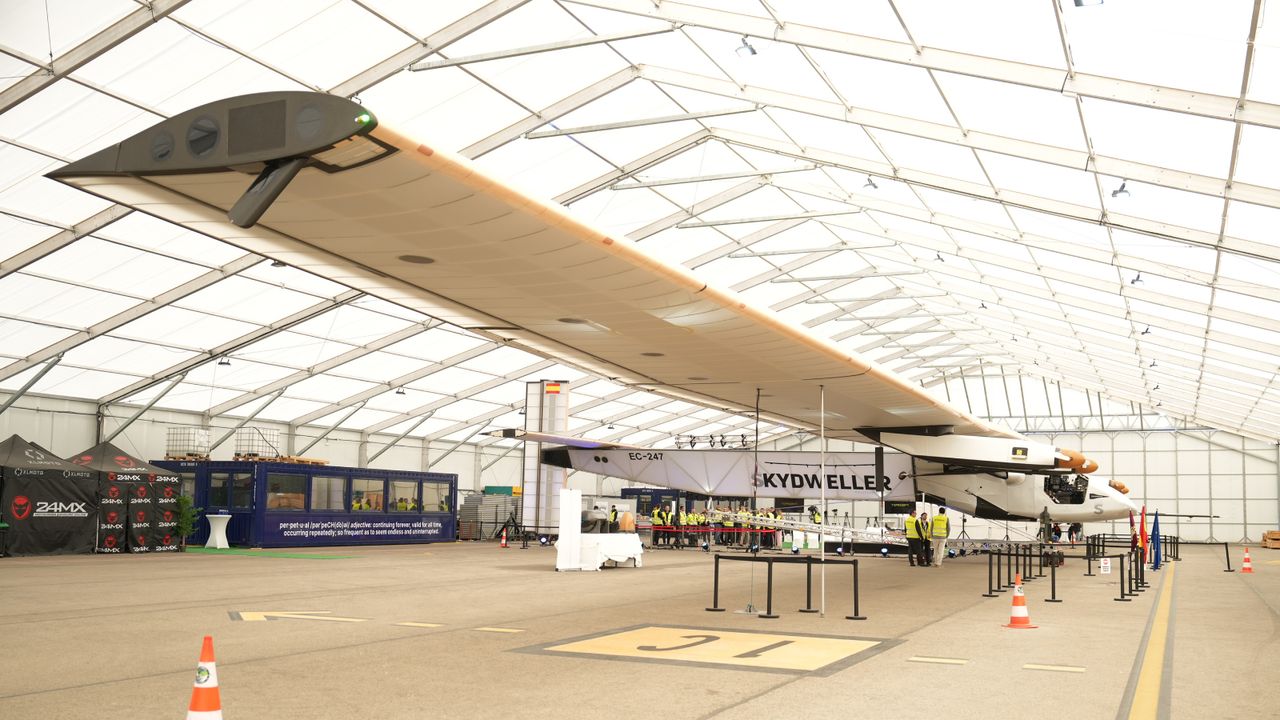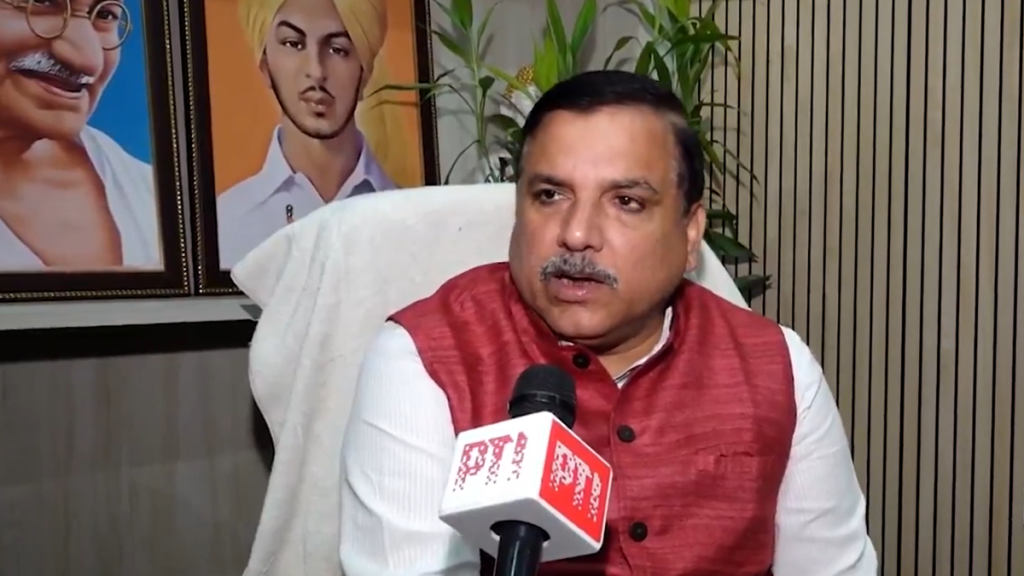Now Reading: Skydweller: Solar-Powered Drone with 90-Day Flight Capability Unveiled
-
01
Skydweller: Solar-Powered Drone with 90-Day Flight Capability Unveiled
Skydweller: Solar-Powered Drone with 90-Day Flight Capability Unveiled

Fast Summary
- Skydweller Overview: U.S. startup skydweller Aero and French defense electronics company Thales have partnered to develop a solar-powered maritime surveillance drone with extended flight capabilities.
- Flight Duration: The aircraft aims for continuous flight, initially targeting a 90-day milestone powered entirely by solar energy collected through 17,000 individual solar cells over a wingspan of 236 feet (72 meters).
- Energy Utilization: Solar energy powers daytime operations and charges batteries weighing over 1,400 pounds (635 kilograms) for nighttime flight.It adjusts altitude at night to reduce power consumption.
- Safety Features: Designed with automatic gust-load alleviation software to handle turbulence and constructed from carbon fiber to prevent mid-flight failures seen in older designs. Redundant systems allow reliable operation even during failures.
- Maritime Surveillance Role: A new radar system supports maritime patrols while test flights continue with the aim of extending maximum duration further.
- Payload Capabilities: Can carry up to 800 pounds (362 kg), enabling versatile surveillance equipment deployment.
[Image Caption]: Solar-powered aircraft at Skydweller’s facility showcasing its innovative design.
Indian Opinion analysis
The growth of Skydweller reflects the growing prominence of renewable energy in aviation technologies and its potential applications in defense and environmental monitoring globally. Even though India is not directly mentioned, this innovation offers several insights relevant to India as it seeks technological solutions in areas like border security, coastal patrols, and disaster response. With vast coastlines and critical maritime zones needing effective surveillance measures, adopting similar technologies could bolster India’s defense capabilities while aligning with its renewable energy goals.
Furthermore, India’s geographic diversity – including regions prone to unfavorable weather conditions – might pose challenges for deploying such drones on a large scale due to their dependency on consistent sunlight exposure. If proven reliable through extended testing phases, partnerships or technological adaptations inspired by Skydweller could be strategically significant for strengthening India’s autonomous aerospace sector without compromising ecological priorities.

























